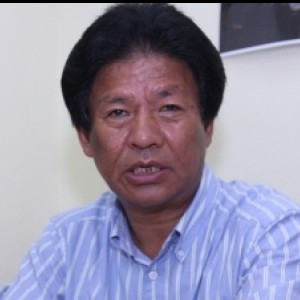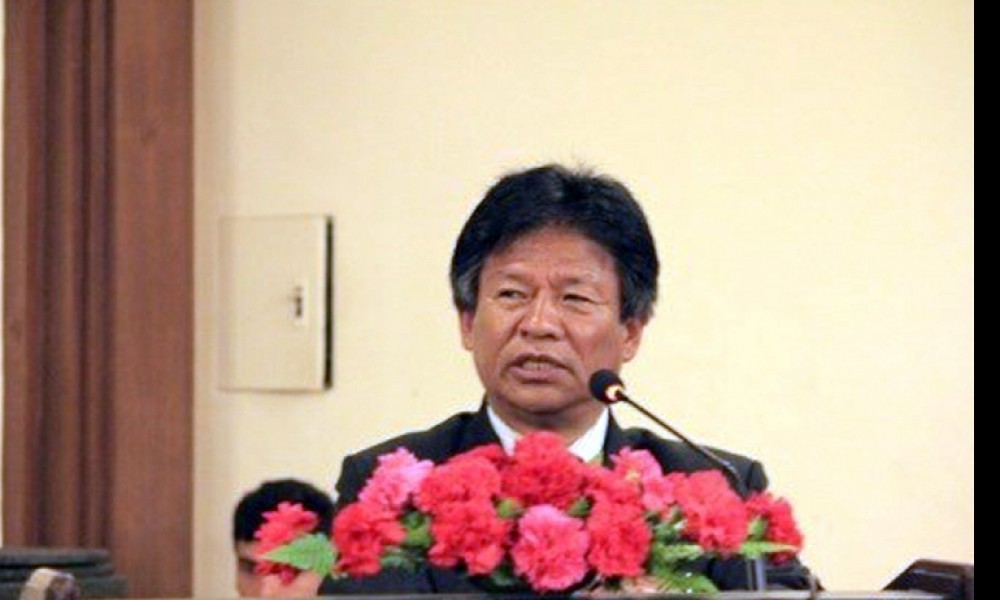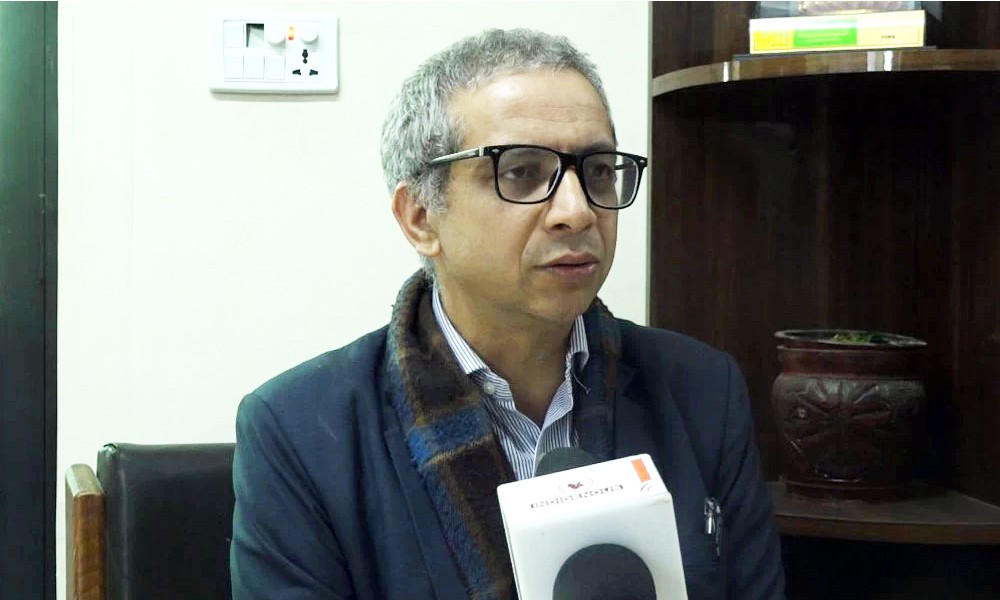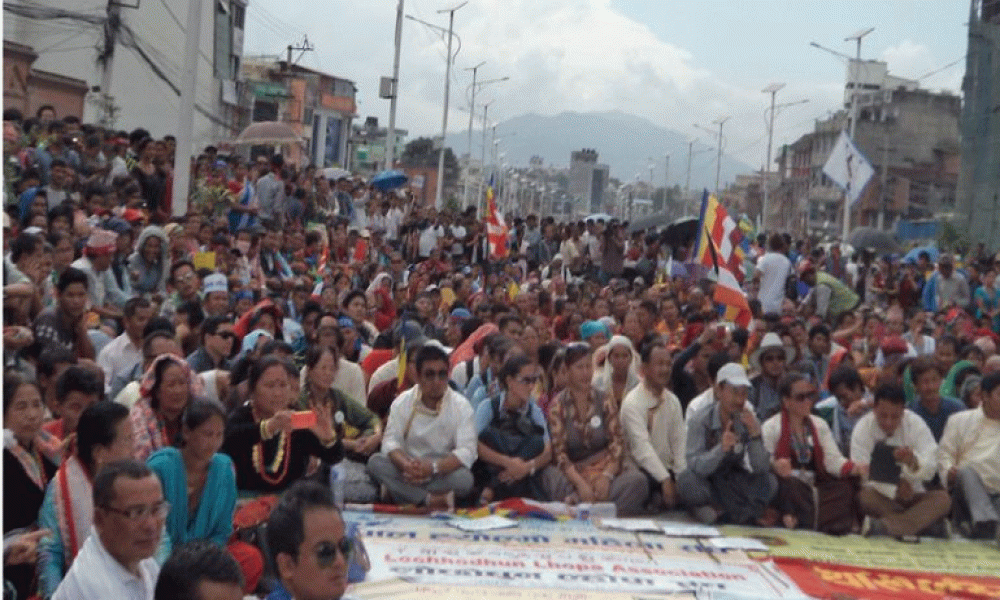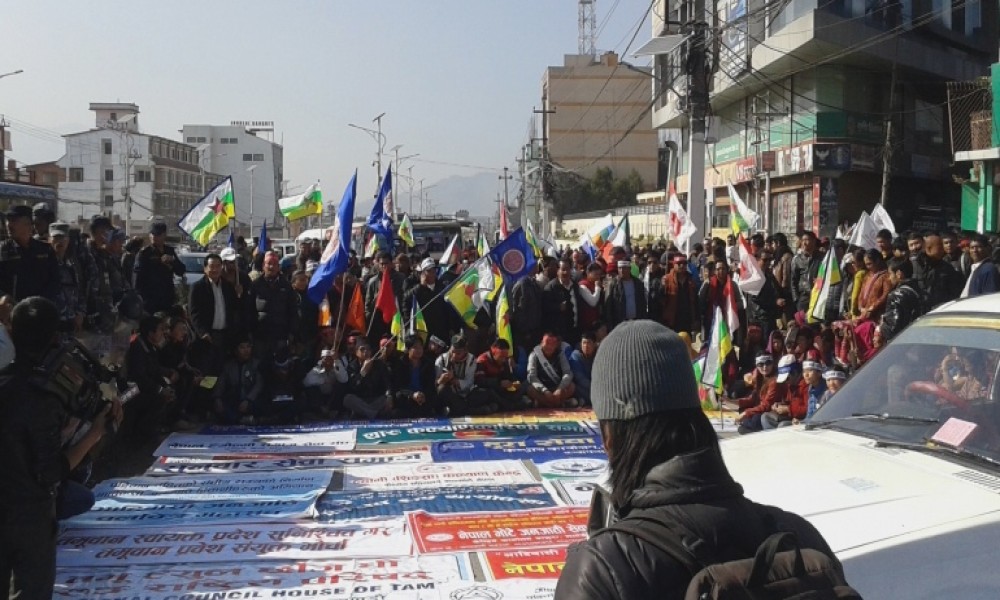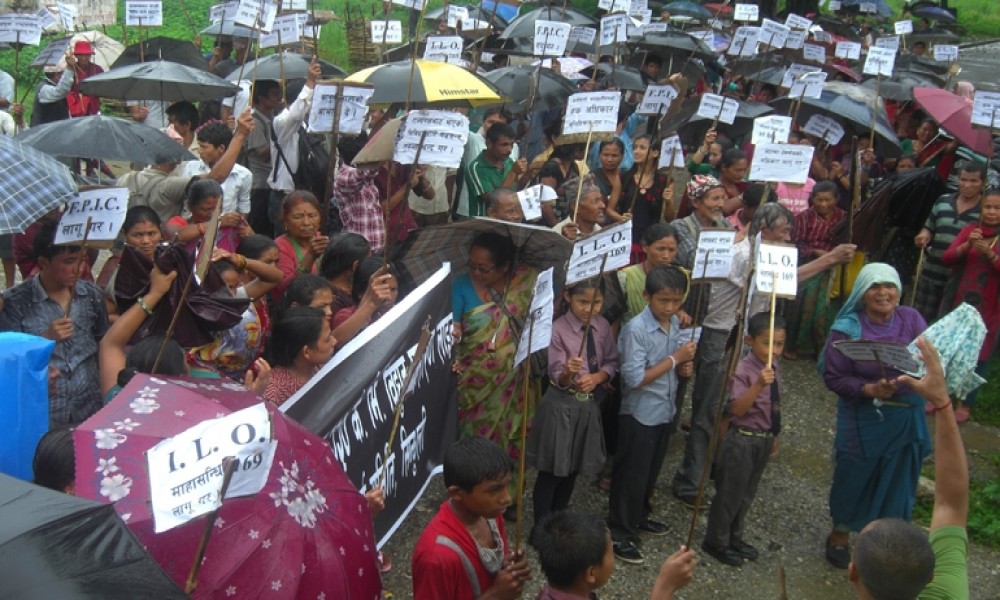Excerpts of Interview with Om Gurung, Spokesperson, Aadivasi Janajati National Movement
You are among those indigenous leaders who are now spearheading Aadivasi Janajati National Movement? Why is this movement needed?
Before I answer this question, let me give you a brief overview of the background. Well before the April Uprising-2006, we had started fighting for restructuring of the old Nepali state. We were for single ethnic identity-based federal states. We were also for rights to self-determination, prior rights and rights over local natural resources. After the April Uprsing-2006, the Interim Constitution-2007 partially addressed most of our demands. A high-level committee also suggested that Nepal could be divided into 14 federal provinces on the basis of identity and viability.
In the second Constituent Assembly (CA), the NC and the UML want to subvert everything that we achieved through our relentless struggle. They want to maintain a status quo. This is why we have launched a new national movement for single ethnic identity based federalism. Through this movement, we want to ensure that the new constitution will ensure rights of all marginalized and oppressed castes, ethnic groups, regions and genders.
we want to ensure that the new constitution will ensure rights of all marginalized and oppressed castes, ethnic groups, regions and genders.
How will this movement unfold?
Unlike in the past, we have not restricted ourselves to just submitting memoranda and seeking negotiations with the government.
We have specific goals: single ethnic identity based federalism, rights to self determination, democracy, republicanism, institutionalization of secularism, autonomy and prior rights over local natural resources. We are committed to achieving all these goals. To achieve these goals, we will carry out several phases of protest program. In the first phase, we will make indigenous people aware about our issues and organize mass gatherings. Thereafter, depending upon response by the government, we will decide further programs.
Isn't it too late to spearhead such a movement?
It is certainly a little late but not too late. Our movement will go on as long as our issues are not addressed. May be, opposition parties strike a deal with ruling parties and they might try to diffuse our movement. But, we will not be deterred unless our issues are really addressed by the new constitution.
What is your opinion about federalism?
It is time for us mount pressure on the state to ensure our rights. For this, all Aadivasi, Janajatis, Madhesi, Muslims, Dalits, women, physically disabled and people from remote villages must rise together. It is just indigenous people's movement. It is a movement by every community that has been deprived of its rights.
At present, federalism looks like the most progressive political system. This is why we want federal states. We are not rigid about number of federal states. But, we, in principle, support the concept of 14 federal states based on identity and viability, as recommended by the first CA's state restructuring committee. If it is not possible to create many federal states, we can have few federal units where there will be more sub-units. What is more important than the number is to ensure rights of all marginalized and backward communities.
Today, regressive forces are rearing their heads. And if we remain passive and silent at this time, they will succeed in keeping us oppressed and marginalized. So, it is time for us mount pressure on the state to ensure our rights. For this, all Aadivasi, Janajatis, Madhesi, Muslims, Dalits, women, physically disabled and people from remote villages must rise together. It is just indigenous people's movement. It is a movement by every community that has been deprived of its rights.


